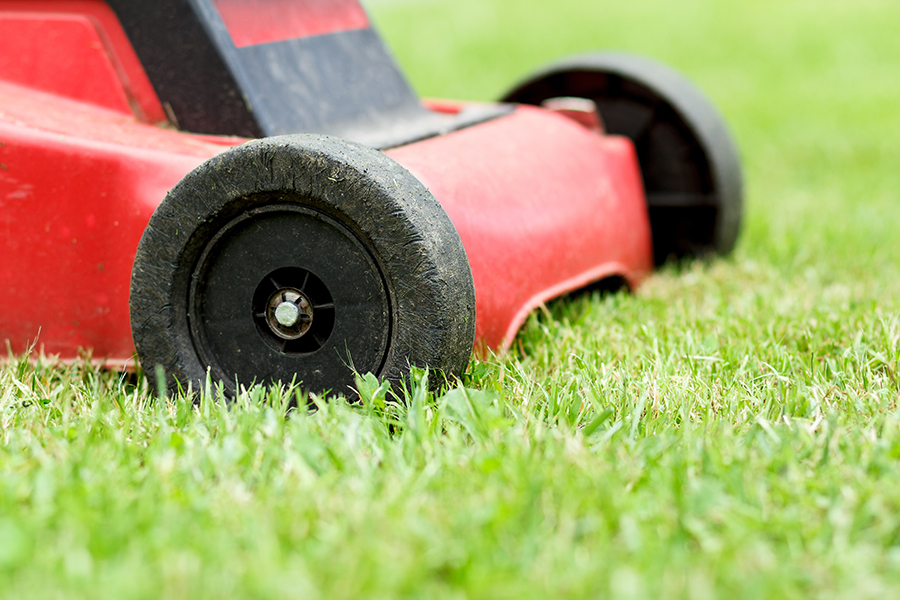
A little Spring maintenance helps for great Summer lawns.
Spring Maintenance Tips For Residential and Commercial Lawns
Posted in General by Rhino Group
As National Lawn Care Month comes to a close, our team at Turf Merchants offers some additional considerations to pass along to property owners and landscaping companies as they prepare grass lawns for the coming seasons include:
• Aeration – plants don’t actually live in “dirt,” but in the combination of air and water within pores in the soil. Aeration helps alleviate overly compacted soil, creating a better growing environment for your grass.
• Dethatching – Thatch is the dense, fibrous layer of living and dead grass shoots, stems, leaves and roots that accumulates between the green vegetation and the soil surface. Too much thatch can cause an unhealthy environment for your lawn. According to the Lawn Institute, you’ll want to follow some basic steps:
…Do not dethatch when the lawn is wet because you can damage the equipment.
…Don’t attempt to remove the entire thatch layer with one pass over the lawn. Cover the area from north to south; then use a leaf rake to remove the organic material that has been dislodged. Repeat this process, covering the lawn from east to west.
…You can compost the organic material that you have collected.
• Tune Up – and Sharpen Up – Your Lawn Mower – this is best done well before the “mowing season” starts. And much like your auto, maintenance is the cheapest money you can spend on your mower!
Finally, but certainly not least, springtime means fertilization. David Beaulieu authored an article on The Spruce website with practical suggestions for providing nutrients for your grass:
• Many experts recommend a lighter feeding in spring and a heavier one in late fall for the types of lawn grasses known as “cool-season grasses.” Too much fertilizer in spring can lead to disease and weed problems. And if you have, indeed, already fertilized in late fall, your lawn is still “digesting” that fertilizer in spring.
• In addition to the above tasks of spring lawn care, don’t forget weed control.
Last, but certainly not least: If new grass seeding or sod is required, it’s best to consult a professional – a landscaper, or local garden center – about the types of grass that do well in that specific soil type and climate. TMI provides a wide range of lawn grass seed for the very reason that certain turfgrasses perform better in different use applications and geographic locations.